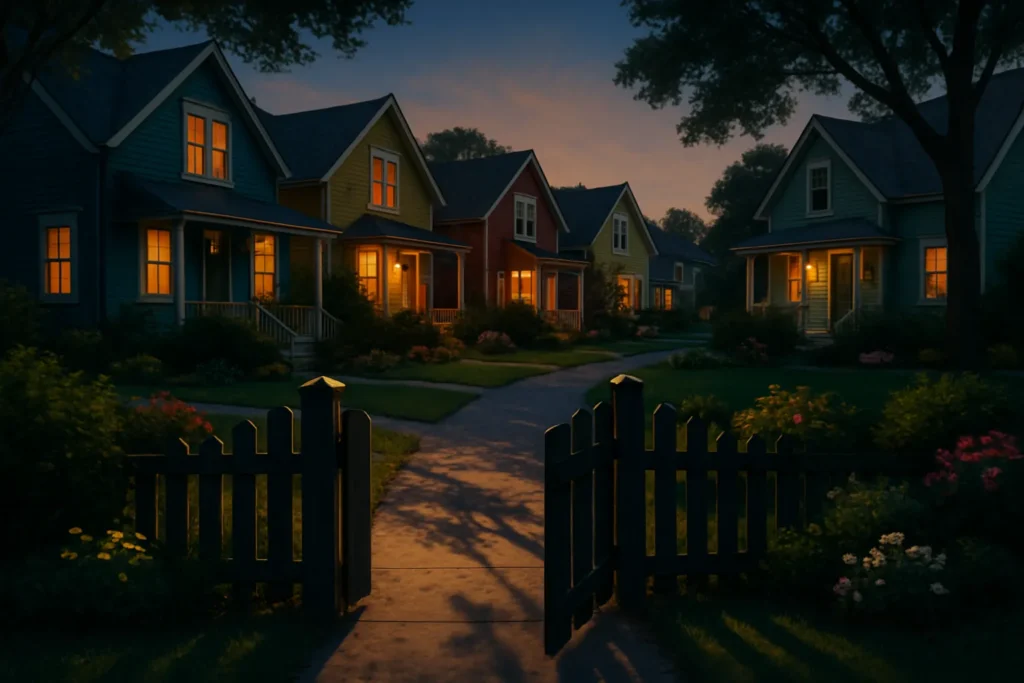The Weight of Compassion: Holding Sara’s Secret
Twenty-year-old Sara, known to her neighbors since childhood, finds herself in a situation all too familiar for many transgender Americans: her truth is celebrated in some corners, yet concealed from those closest to her. Her neighbors—a retired, open-hearted couple—have become Sara’s sanctuary. She arrives at their doorstep in the afternoons, donning skirts and dresses, her authentic self only visible when her parents are safely away at work. Such daily rituals, seemingly mundane, represent acts of quiet courage. For Sara, crossing that street isn’t just a commute; it’s a step into the light she has been denied at home.
Why does this double life persist, even in 2024? The answer, shaped by fear of familial rejection, real or imagined, echoes loudly. According to the Trevor Project’s National Survey on LGBTQ Youth Mental Health, more than one in three transgender youth report being threatened or harmed because of their identity. Only 25% say they feel supported at home. For Sara, her neighbors’ living room is more than a refuge—it’s a model of what support could look like if the world were different.
You might wonder: how does the couple grapple with being the keepers of such a significant part of Sara’s life? Their dilemma is profound and resonant. On one hand, their support has become a lifeline for Sara. On the other, the secret they now share weighs as heavily as their empathy. As one of them put it, “This secret is heavy on us… whenever we speak to our neighbors, and we love them.” The couple’s unease does not stem from any lack of acceptance but from the moral weight of knowing before Sara’s parents do. Their fear isn’t merely about discovery—it’s about whether their support, if revealed, might inadvertently harm the fragile trust Sara has in them, or the parents’ trust in their community.
Walking the Fine Line: Privacy, Honesty, and Unintentional Outing
Sara’s situation highlights a fraught reality for many LGBTQ individuals: living authentically requires negotiation between visibility and vulnerability. Every afternoon, as Sara walks across the street expressing her true self, the possibility looms that someone else could inadvertently out her to her family. The couple, steadfast in their promise not to disclose Sara’s identity, drew a clear line: they will not betray her, but neither will they lie if directly asked by her parents. It’s a moral boundary fraught with tension.
Their predicament reflects a much broader question in American society: whose comfort takes precedence when identities are shielded for safety? A 2022 Pew Research study found that 38% of Americans know someone who is transgender, yet only 14% of those say that person is “out” to most people in their lives. The chasm between private truth and public knowledge remains vast, fueled by persistent stigma and misunderstanding, often perpetuated by conservative rhetoric that demonizes transgender existence as a threat to social cohesion.
In right-wing circles, efforts to curtail LGBTQ visibility—through anti-trans legislation, bathroom bills, and “parental rights” campaigns—have intensified. Bills restricting discussion of gender identity in schools or seeking to ban gender-affirming care for minors frequently cite parental ignorance as justification. But real life, as Sara’s case demonstrates, is messier than talking points. Conservative policies disregard the dangerous tightrope walked by young transgender people, who often must weigh authenticity against the risk of rejection, homelessness, or violence. Harvard psychologist Dr. Laura Jacobs has warned, “For youth, a supportive adult can make all the difference; one unsupportive decision can undo so much hope.”
We become witnesses to bravery not to speak for others, but to help them amplify their own voice when the time is right—and that means protecting their timing, even when it bruises our own hearts.
The couple’s decision to check in with Sara, discussing both her and their anxieties, provides a rare glimpse into ethical allyship. By modeling transparent communication and acceptance, they ease the weight of secrecy—not with platitudes, but with practical compassion. They offer her not only a space to be herself but also meaningful guidance: advising an “exit strategy” should her parents react poorly, and reaffirming their role as a buffer, not a barrier, between her and her family. Such grace is neither simple nor easy, but it is vital.
Modeling Acceptance in a Divided America
America is, undeniably, at a crossroads on transgender rights and recognition. The stakes are deeply personal, touching the fabric of family, community, and self-worth. In progressive enclaves, neighbors like Sara’s are beacons—their homes transformed into havens of hope. These spaces, though, should not be exceptions. They should be the norm, shielded from the creeping reach of laws and attitudes that would render trans lives invisible or expendable.
Trans visibility, when supported, yields profound benefits. The American Psychological Association found youth with even one affirming adult are 40% less likely to attempt suicide. The couple’s support may have literally saved a life. Their modeling of everyday kindness—listening, checking in, validating Sara’s experience—sends a message more powerful than any legislative text: “You are worthy simply as you are.”
Still, anxieties loom large. What happens if Sara’s parents discover the truth not from her but through accidental exposure, or via rumor? It’s a question that cuts to the core of collective responsibility. The answer, as civil rights leader Bayard Rustin once said, is not to stand behind the vulnerable, but to stand beside them—so that “no one is made to walk alone.” This couple, simply by refusing to participate in secrecy or lie on Sara’s behalf, strikes a delicate but vital balance between empowering autonomy and respecting the community bonds that foster trust—even when those values collide.
America’s future, if it is to be just, will be measured by how we treat its most vulnerable. Neighbors like Sara’s show us the way: support made visible, acceptance quietly bold. The conversation on the front porch—welcoming a young woman home—might never make headlines, but in a world so often hostile to difference, it is nothing less than revolutionary.

